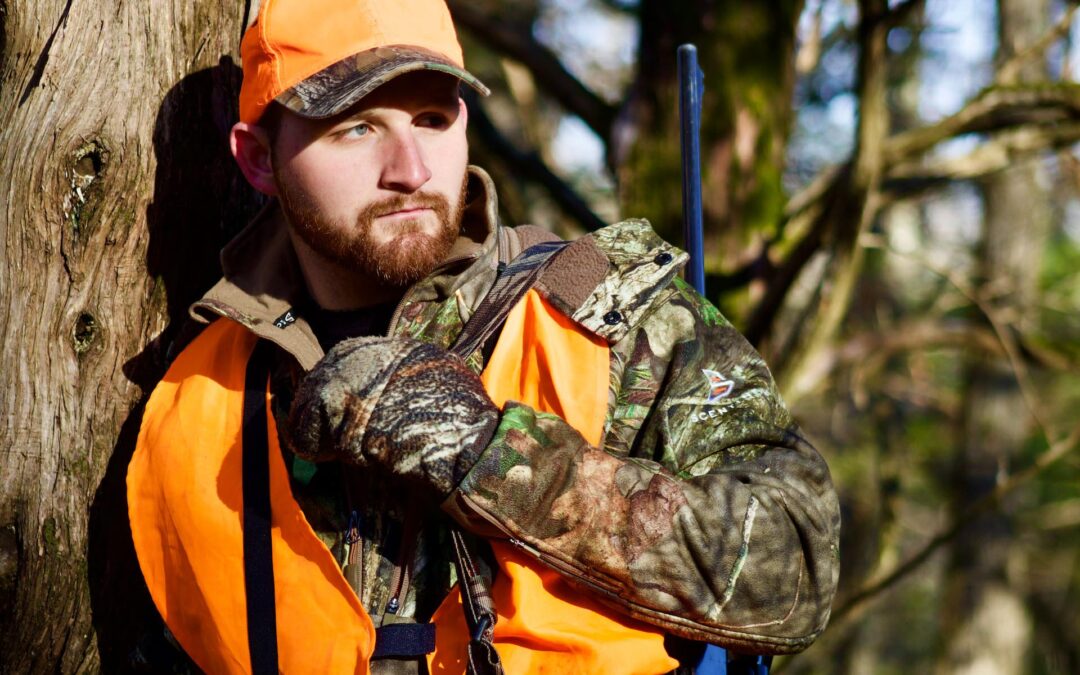Embarking on the journey of hunting opens up a world of adventure, skill development, and an intimate connection with nature. As hunters progress beyond the beginner stage, the path to becoming an intermediate hunter is paved with valuable techniques and insights that elevate their hunting prowess. Whether you’re drawn to the quiet anticipation of bow hunting or the precision of rifle hunting, the journey from beginner to intermediate hunter involves mastering key methods and acquiring advanced skills.
Reviewing Beginner Hunting Techniques
Before delving into intermediate hunting strategies, it’s important to review the foundational techniques that beginners should be well-versed in. The traditional methods of hunting include bow hunting and rifle hunting, each with its own subset of tactics.
Bow Hunting Methods
- Still Method: This technique involves slow movements followed by periods of stillness, allowing the hunter to patiently await the arrival of prey.
- Stalking Method: Hunters locate their target and then carefully maneuver into an optimal position for a shot.
- Glass Method: Using scopes or binoculars, hunters spot potential targets from a distance before transitioning to stalking.
Rifle Hunting Techniques
- Still Hunting or Stalk Hunting: Hunters track their prey by examining tracks, droppings, signs of feeding or mating, and following the trail. Proper positioning downwind is crucial to avoid detection.
- Stand Hunting: This involves stationary waiting from a tree stand, ground blind, or tripod. Choosing a stand location that minimizes scent exposure and maximizes visibility is essential.
- Calling: By using game calls or instruments, hunters replicate the sounds of the target animal, which is particularly effective during the mating season.
Elevating Your Skills as an Intermediate Hunter
As hunters progress beyond the beginner stage, the transition to becoming an intermediate hunter demands a more refined set of skills and strategies. Here are some key steps to guide intermediate hunters towards success:
1. Scout Intensively
Successful hunters invest considerable time in scouting. This involves exploring potential hunting areas, gaining insights into the behavior of the target species, and immersing themselves in the natural environment. Prioritize finding locations where your game animal frequents before commencing your hunting endeavors.
2. Seek Mentorship
Just as learning to drive requires practical experience beyond reading a manual, becoming a skilled hunter often necessitates the guidance of a seasoned mentor. Connecting with an experienced hunter allows you to gain firsthand knowledge, learn from their insights, and develop crucial skills. Ask questions, absorb their wisdom, and eventually, you might find yourself joining them on a hunt.
3. Embrace Hunter Education Courses
Many states offer hunter education courses, both in-person and online. Depending on your state’s regulations, these courses might be mandatory for certain age groups or all hunting license applicants. The investment in hunter education is invaluable, providing you with essential knowledge about safety, ethics, regulations, and advanced hunting techniques.
4. Tap into Online Resources
The digital age has transformed the way hunters access information. Platforms like YouTube offer a treasure trove of tips, tutorials, and hunting insights. You can also visit dedicated hunting websites to stay updated on the latest techniques and trends. For additional hunting tips, explore resources on YouTube or visit our website.
The journey from being a beginner to an intermediate hunter is marked by continuous learning, practical experience, and a deep respect for nature. As you refine your techniques and expand your knowledge, remember that hunting is not just a skill; it’s a profound connection to the natural world and a testament to the evolving partnership between humans and their environment.


Recent Comments